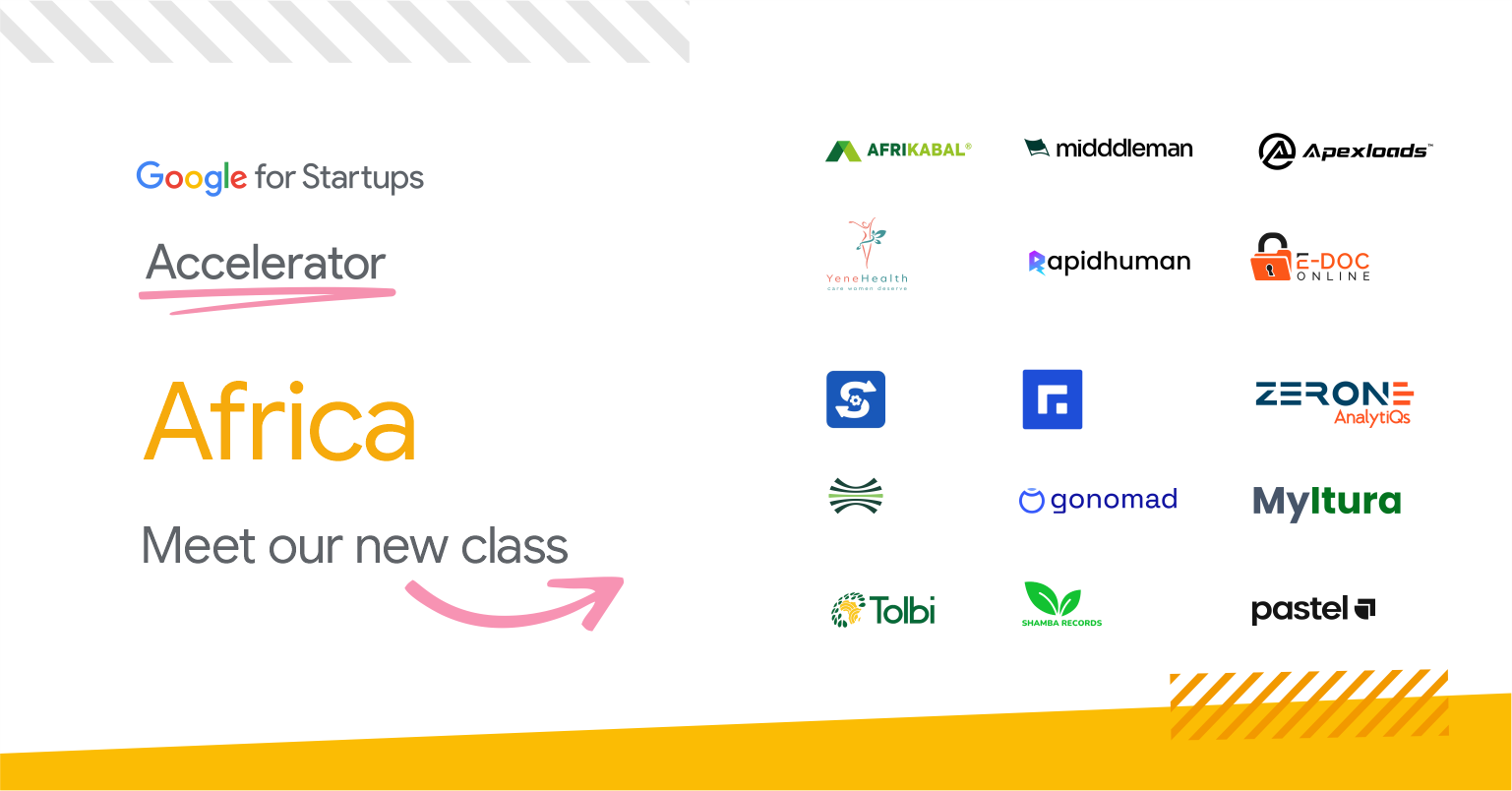Doing Philosophy with Children: Is Africa Left Out? - THISDAYLIVE
Leo Igwe
I have wrestled with this question over the past year or two, as a lot is happening to make children more reasonable and philosophical in different parts of the world. There are numerous efforts to get young people to think critically and creatively. These efforts target students, families, teachers, educators, and curriculum developers. There have been initiatives to improve children’s thinking skills and equip young people with the necessary tools and capacities to navigate the challenges of the 21st century.
Incidentally, in these events, Africa is barely mentioned. None of the events is taking place on the continent. Children in Africa are overlooked. Why? Except for South Africa, all programmes and activities to advance philosophy for children focus and target children in other parts of the globe. I argue that this widening gap in doing philosophy with children is worrisome and will have grave consequences for the region.
For instance, last year, I spoke at the annual conference of the UK’s Society for Advancing Philosophical Enquiry in Education (SAPERE) held at the University of Winchester on November 16, 2024. The programme focused on philosophical inquiry in education. The event brought together educators, teachers, academics, and policymakers who discussed the role of philosophical education in changing the world. From the presentations and discussions, it was clear that teachers and educators in the UK are thinking ahead; they are preparing children in the UK for the future. Why are we not doing the same in Africa? Why are we not preparing children in Africa for the future?
In my presentation, I discussed how philosophical education can help transform the culture of teaching and learning in Nigeria. Unlike in the UK, very little has been done to mainstream philosophical education in the region, especially in primary and secondary schools. At the policy level, there is a commitment to furthering critical thinking skills in schools. But in practice, little or nothing is being done. There is a limited appetite for inquiry-based learning.
I presented at the SOPHIA Network meeting held in Malta from May 24 to 25, 2025. The theme was: ‘Rage Against the Machine?’. The SOPHIA Network is an association of teachers, researchers, facilitators, and practitioners of philosophy for children in Europe. For two days, stakeholders met and discussed concerns about machines and philosophy with children. In my presentation, I discussed how technologies intersect with doing philosophy with children in Africa. The technological realities in the region differ because many children lack access to the machines that Europeans often criticize.
Other organizations that encourage children to engage in philosophical inquiry are planning programmes and activities. Philosophy Learning and Teaching Organisation, PLATO, a US-based organization that nurtures young people’s curiosity, critical thinking, and desire to explore big questions through philosophy and ethics programmes, is organiaing its biennial conference this month at Tufts University.
The Austrian Center of Philosophy with Children and Youth is organizing an international conference on philosophy for children at the University of Graz in November. The conference will focus on Knowledge – Values – Change New Realities and Future Generations. According to the organizers, “numerous questions arise, especially as they might affect – future generations: What role does knowledge play in a changing world? How do we deal with the tension between knowledge and non-knowledge? What challenges and opportunities occur for democratic societies? What impact does AI have on knowledge, education, and social values? How can we reflect on these questions and concerns philosophically and thereby play an active role in shaping our societies’ response to them?”
In France, another network, Practices of Philosophy with Children, will be holding a workshop in November. The theme is Engagement. The workshop will explore the following: “What does it mean to engage in philosophy? Can we also engage through philosophy? Can it be a means of engagement? Are we morally bound to act, or is non-intervention sometimes a legitimate position? Engaging young people in action and civic reflection—doesn’t that give them too heavy a burden to bear? If everything seems to be crumbling around us, what can or should we do? Resignation, withdrawal into one’s inner self, simply cultivating one’s garden—are these not ultimately legitimate ways of protecting oneself? What role do philosophical practices in schools and the community play in this process of engagement?
Several activities on philosophy for children have been held or are planned for this year. I ask: Where is Africa? Where are African children in the scheme of things? What activities are in place to make children in Africa more reasonable and more philosophically engaged? Some organizations are championing the cause of philosophical inquiry for children in various countries.
SAPERE is actively promoting philosophy for children in the UK. The SOPHIA network is fulfilling the same objective in Europe. PLATO is facilitating philosophy with children in the US. Other national groups and associations are working to promote curiosity and critical thinking among children and young people in Europe, as well as in America, Asia, and Australia. Where are such groups in Africa?
So a lot is going on to boost the mental abilities of children and advance philosophy for children in the world, except for Africa and children in Africa. And this situation has to change. A likely unfortunate outcome is that children in Africa become less reasonable, and more disinclined to critical thinking and philosophical inquiry than their counterparts in other parts of the world. This situation will create a thinking gap, an intellectual chasm, and a philosophical wall separating children in Africa and their counterparts in the rest of the world. And less reasonable and philosophically inclined children portend a bleak and unpromising future for Africa and the world.
Igwe is a member of the International Council of Philosophical Inquiry with Children, and director of Critical Thinking Social Empowerment Foundation











